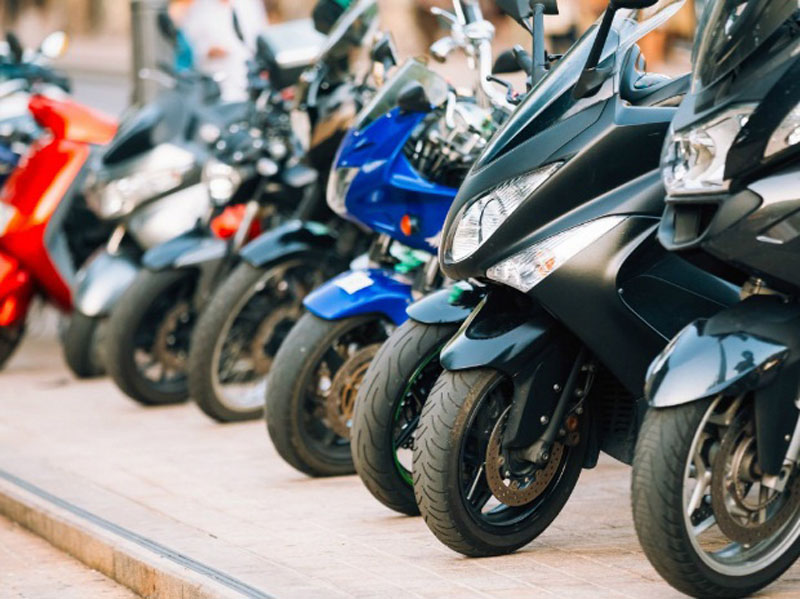Sales of luxurious vehicles decelerate after duty hike
Dealers say no queries for high-end automobiles after the budget
Kathmandu, June 6
Owing to the hike in excise duty by up to 40 percentage points through the 2018-19 fiscal budget, automobile dealers have said that sales of high-end vehicles (both two-wheelers and four-wheelers) have come to a screeching halt since the last one week.
They said that not only have sales dipped but customers are not even inquiring about luxurious vehicles following the excise duty hike, which has had made this segment of vehicles dearer in the domestic market.
The government, through the new fiscal policy, had raised the excise duty on two-wheelers of above 150cc engine capacity and four-wheelers of above 1,000cc by up to 40 percentage points.
Along with the rise in the excise duty, auto dealers had consequently increased the price of high-end vehicles of different brands.
“Even if we take a rough estimation, the price of a few high-end vehicles have become dearer by up to Rs 10 million after the latest tax revision. This has led to a complete halt in the sales of luxurious vehicles,” said Shambu Prasad Dahal, president of NADA Automobiles Association of Nepal (NAAN).
The excise duty hike has primarily affected the sales of vehicles of automobile brands like Ducati, Benelli, Harley-Davidson, Land Rover, BMW, Mercedes, UM and KTM, which have been selling high-end vehicles in the country, according to NAAN.
The market share of high-end vehicles in the domestic market is estimated to stand at around 10 per cent.
Dealers claim that the government raised the excise duty without enough preparation. If the move was intended to raise revenue, Dahal questioned the pragmatism of that motive if the auto dealers stopped importing high-end vehicles following the lean demand.
“As the decision has already been implemented, the government and the private sector should sit together to seek a solution to this issue,” stated Dahal.
However, automobile dealers have welcomed the government’s decision not to increase excise duty on mid- and low-range vehicles.
Though this significant rise in excise duty will not affect the overall automobile business, it will have an adverse impact on the automobile companies that have been importing a few high-end vehicles and selling them in the domestic market.
Prime Minister KP Sharma Oli-led government, through the federal budget for next fiscal, has raised the excise duty on two-wheelers of above 150cc to 250cc by 10 percentage points to 70 per cent, and for two-wheelers of above 250cc by 20 percentage points to 80 per cent.
Similarly, excise duty on four-wheelers of above 1,000cc to 1,500cc has been increased by five percentage points to 65 per cent, and those above 1,500cc to 2,000cc by 10 percentage points to 70 per cent. Likewise, for vehicles of above 2,000cc to 2,500cc the excise duty has been hiked by 20 percentage points to 80 per cent, above 2,500cc to 3,000cc by 30 percentage points to 90 per cent and those above 3,000cc by 40 percentage points to 100 per cent.
Prior to this, the government had been levying 60 per cent excise duty on all types of vehicles except electric vehicles.






